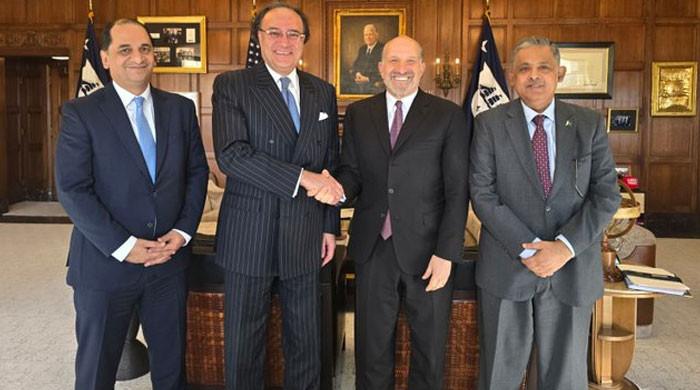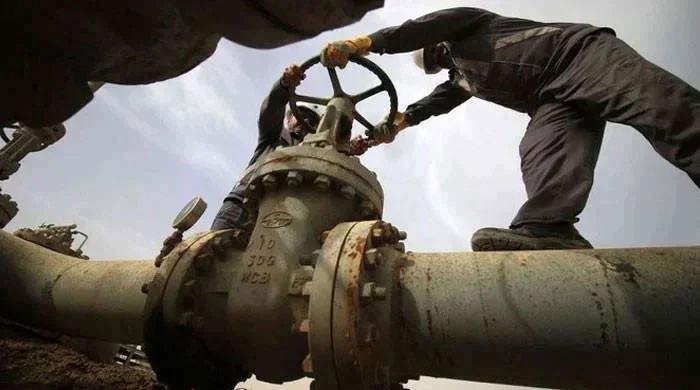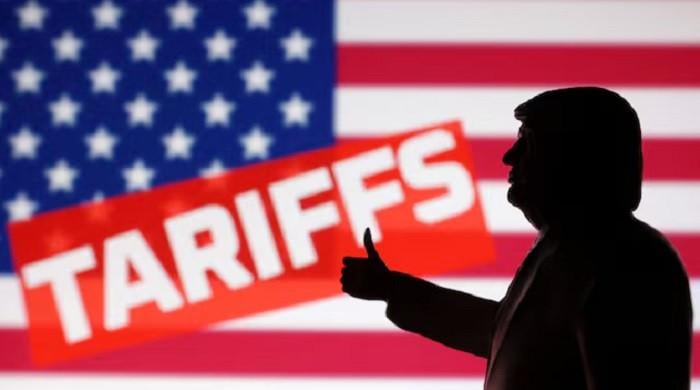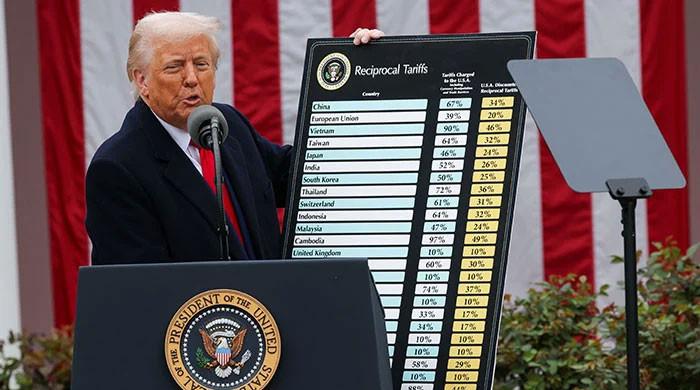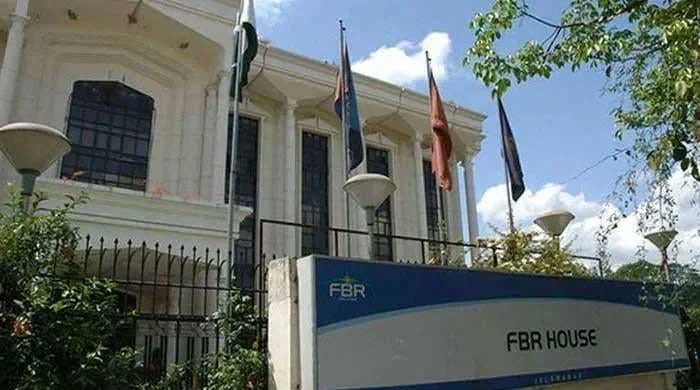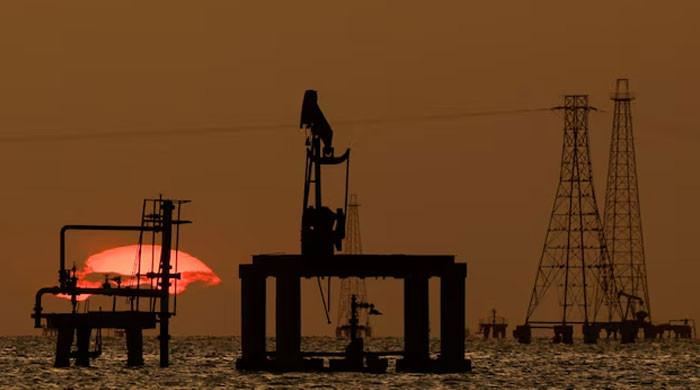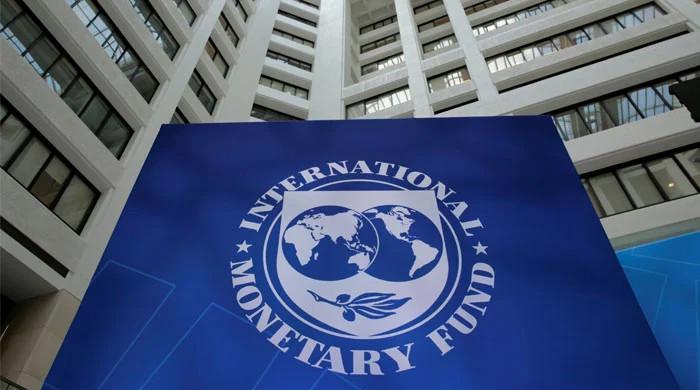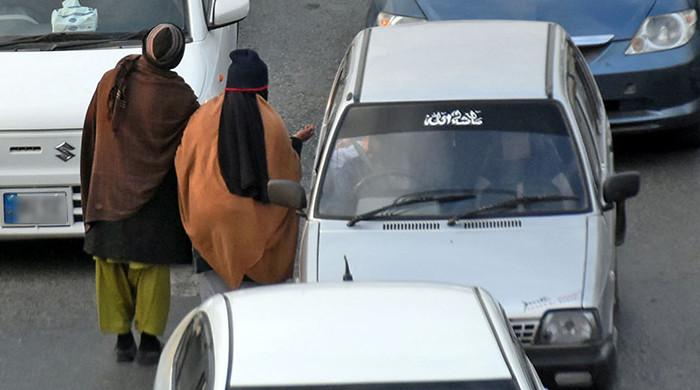What has Pakistan agreed so far with the IMF?
Pakistan-IMF talks ended without reaching an agreement; negotiations to continue virtually
February 10, 2023
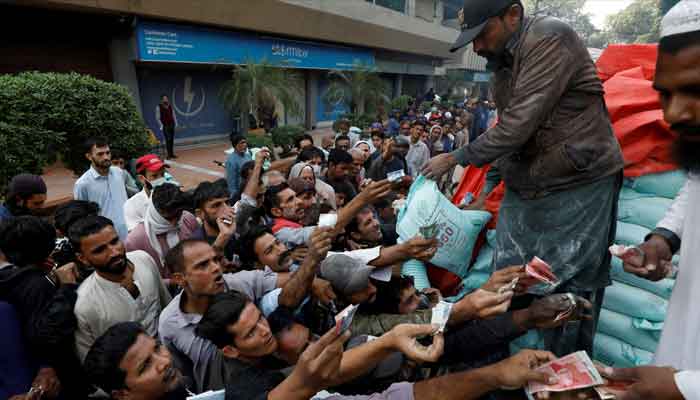
Pakistan has agreed with the International Monetary Fund (IMF) on the conditions to release $1.1 billion in critical funding, Finance Minister Ishaq Dar said on Friday, adding that the payout was delayed due to "routine procedures".
Below are the key points Pakistani authorities say they have already reached an agreement on with the IMF:
► The government will implement fiscal measures, including taxation, to raise Rs170 billion rupees ($629.63 million) worth of revenue
► Market-determined exchange rate
► The government's existing commitments to increase petroleum levies will be completed. Diesel levies will be raised twice by Rs5 per litre each time on March 1 and April 1
► Energy reforms suggested by the IMF will be discussed and approved by Pakistan's cabinet. This would include Pakistan completely slashing its circular debt — a form of public debt that builds up in the power sector due to subsidies and unpaid bills. Eliminating circular debt entirely was not an immediate requirement
► Pakistan would not add any circular debt related to gas
► Untargeted subsidies will be minimised
► Agreement on increasing the budget of the Benazir Income Support Program by Rs40 billion from Rs360 billion to Rs400 billion in order to reduce the burden of inflation on the most vulnerable segments of the society





